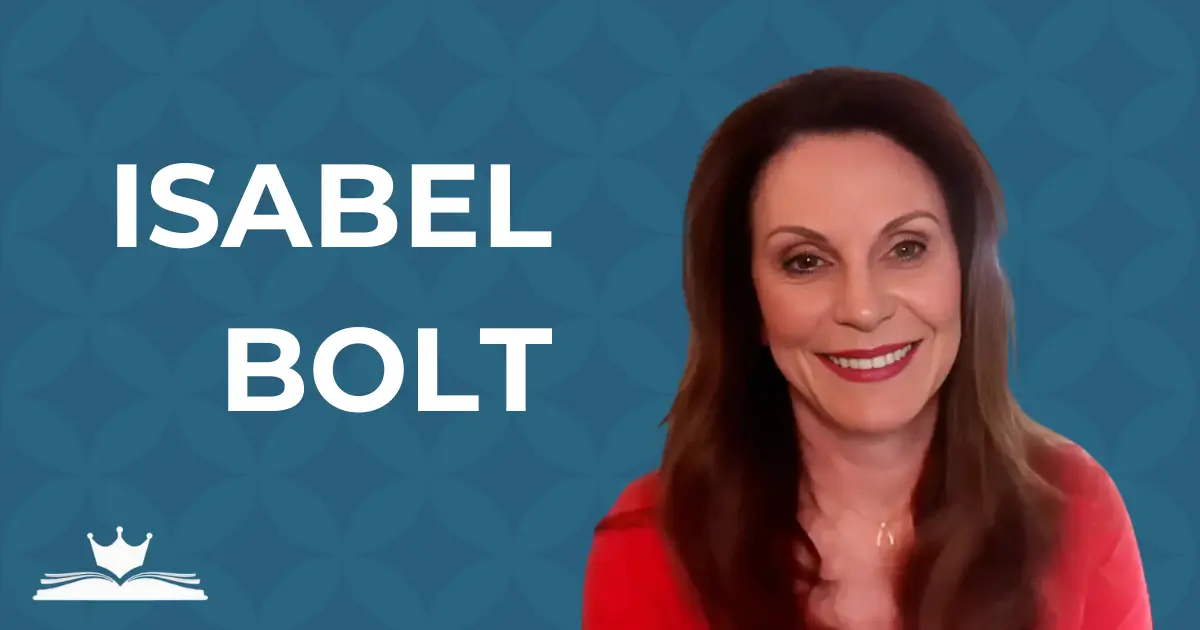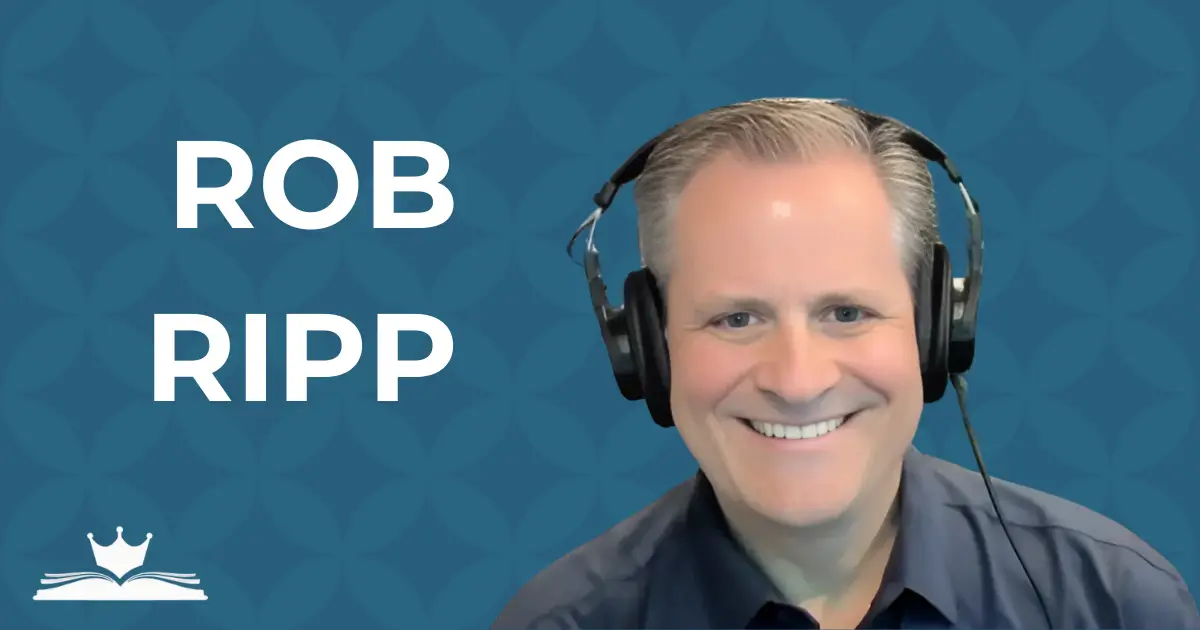While a recent poll found that more than 80% of Americans would like to author a book, very few ever take the jump and finish it. And this is mainly because, on the surface, writing a book seems like a huge endeavor. But just like a recipe, there are steps to write a book! And like we said in our latest blog, anyone can write a book, especially if they follow the steps!
Why Writing a Book is Intimidating
Have you pondered whether you have the ambition and the gumption to write your book and share it with the world? Then chances are that you'll immediately encounter a few mental roadblocks that derail your journey to finish your book and become a published author.
You've probably asked yourself:
- How can I write hundreds of pages?
- Or turn my book idea into a story that makes sense from the first page to the last?
- How can I ever find the time to keep writing for weeks and months on end?
- And how in the world will I publish my book?
Have you thought about sharing your story, but have hesitated because any of the above questions took over as worries and concerns? It's time to rethink your plan.
Granted, not everyone can be a celebrity and roll out a new and complete best selling autobiography every time they find an inkling of inspiration. But if you have an idea, and if any of your friends or loved ones have told you that you should “write a book someday,” then it's worth it to pursue your dream.
The Steps to Write a Book
It starts by ignoring those roadblocks that pop up when you think about writing a book as a giant endeavor. Rather, it's about focusing on the individual steps that you need to take to move forward.
Any big undertaking automatically seems more challenging when you look at the project as a whole - from running a marathon, to cleaning the house. But if you take it bit by bit and step by step, you'll be surprised at how easy the most challenging tasks are to conquer.
Compartmentalizing and breaking down the individual steps of the process works wonders when it comes to fulfilling your goal of writing your book. So before you think of any more reasons to procrastinate, turn to action instead. Then begin your path to becoming an author by following these steps to write a book.
Step 1: Start a Plan
Before you type your first word or start to outline your story, you need an initial plan of how your writing process will progress.
Don't worry if your first plan changes as the book moves forward - it's fine to alter your game plan later on. It's just imperative to have an initial foundation that will make writing easier along the way.
So be sure that the following is accounted for before you start to jump into the more creative aspects of your book:
Get your writing tools
No, you won't need a pen and paper, because traditional publishing houses don't accept handwritten manuscripts.
What you will need, however, is:
- a reliable software platform for writing, (like Microsoft Word or free Google Docs)
- a laptop or desktop computer with a keyboard that you are comfortable with
- and bookmarked websites that can help provide a dose of inspiration along the way - like https://www.thesaurus.com/
Find a space
Distractions are easy to come by when you're in writing mode, so make your workspace as distraction free as possible! Find a quiet area of your home where you can commit time to simply sit down to write. And, ensure you let your household know what it is and to respect your dream.
Find the time to write
You don't have to set a formal schedule that designates a specific time period every day for a writing session. But you do need a plan of how often you can write, and a general idea of when!
Set either a time or a word count threshold for the week, (like 2,000-10,000 words per week, or 3 hours per week, etc.), and make sure you stick with it! Writing regularly and often is the best way to stay on track, and to ensure your story is cohesive.
Step 2: Discover your Story
Next in the steps to write a book is discovery. You may find that when you first begin to write your book, you spend a lot of time looking at a blank page and wondering where to start.
You don't have to have every detail of every chapter or page in mind when you start writing. However, you should have an overall concept of what your story is about and how it unfolds to make the writing process smooth from start to finish.
If you need help fine-tuning your story, then consider the following questions...
What is my BIG idea?
Chances are that there is a common theme or a big event in your book that is the primary focus of your story. It's likely something you're passionate about, and is the reason behind your dream to be a published author to begin with. It could even be your life story.
So flesh out this big idea! You'll want to identify your big idea before you get started, so you can always keep it in mind, and at the forefront of your story, while you're writing.
How can my book be broken down?
An outline is a great way to identify all the key plot points in your book, while determining how you transition from one adventure to the next. So, before you start writing, break your story into smaller and digestible pieces that make sense to you.
How does the book start, and what is the next turn of events that change the story? If you can break your book into smaller pieces, it's much easier to keep writing as you progress from one part to the next.
What is my writing voice?
Is it casual and funny? Formal and somber? Factual or more loose and creative?
Review your past writing, or start a journal or diary to figure out your writing style. You'll need a concrete idea of what your voice entails in order for your book to be consistent and to flow smoothly throughout your story.
What does my reader want?
Put yourself in the mind of your reader and think about what will inspire them to keep turning the page.
What do I need to know?
This sounds like a basic question, but depending on your book idea, you may need to indulge in a little research before you start writing.
For example, if you're writing about a specific profession, a historic time period, or a worldly location, having a deep understanding of this background will help your story come to life, and will help position you as a voice of authority.
Remember, there are endless online resources and sources of information on literally every topic in the world. And you can also scout out and read books similar to yours to acquire both additional knowledge and inspiration.
How can I stay motivated?
As you write, you're bound to encounter a block at some point, but you can mitigate these mental hurdles by coming up with a plan on ways you can stay motivated.
Try jotting down a list of all the reasons why you are sharing your story, and keeping it handy.
You can also try creating a concrete schedule and set deadlines that you hold yourself accountable to, in order to ensure that procrastination stays at bay.
You know what triggers tend to slow you down, so find ways to conquer these before you start writing to avoid as few future roadblocks as possible.
Step 3: Write!
Once you have your game plan, tools, and writing space ready to go, it's time to get cracking! If you need help at the onset, or at any time along the way, then consider the following tips to stay on track.
Find your beginning
While many writers simply start with a compelling introduction and go from there, this isn't the only way to write!
You may find it's easier to start with the ending, (especially if you are working on a book that has a plot twist or a surprise at the final moments of your story), or to start at one of the most important portions of the book.
Many authors attest that the hardest part of writing is finding a way to begin, so identify a part of your book that inspired you, and go from there.
Create your people
You want your characters to be fully realized, so start thinking about how they look, act, and talk as you start to type. Always keep your characters' perspective in mind, and how they would react or have reacted to any given situation.
This is the best way to ensure that your characters are authentic, and stay consistently true to themselves throughout the story.
Turn off your internal editor
When you first start writing, it's easy to get bogged down by the details - Is this sentence grammatically correct? Should I use a contraction here? Is this spelling right?
But put all of these little detail-oriented questions out of your mind, at first. There will be plenty of time to review and edit your words down the road, and when you first start writing, your focus should be on your broad and colorful story - and not the at-times tedious details.
Embrace the writer's block, and forgive yourself
At some point, every writer encounters fatigue, writer's block, a lack of motivation, a bout of procrastination, or literally all of the above. If you find yourself encountering a wall at one or several points during the writing process, give yourself some extra grace!
Allow yourself the freedom to get stuck, and simply keep plugging along until the words flow freely again.
Step 4: Rewrite, Edit and Review
You've made it to the last page, and you've just run your spell check! But there's still a little more work to do before you can send a polished manuscript to the publisher or the printer.
Reviewing and editing is arguably the most important part of the writing process, because it allows you to ensure that your story is as polished and perfect as it can be. And when it comes to reviewing, you'll certainly want to revise your work yourself, but it also helps to have a fresh pair of eyes and a new perspective for a more detailed critique.
So find your writing community, and ask for feedback! You can enlist the assistance of a freelance copyeditor, ask your friends and loved ones to read and give an honest review of your story, or join an online or in-person writers' group where you can collectively share your work.
The important thing is to seek help and find fresh perspectives, so that your work can be gauged and edited from an outside point of view.
Step 5: Publish
In our modern era, there are countless routes to getting your story published!
You can:
- publish it yourself through online retailers like Amazon or Barns and Noble or self publishing services
- reach out to a literary agent or a publishing house, (which will handle all the heavy lifting once your manuscript is finished)
- take a hybrid route by enlisting a partner publisher to tackle the technical details - like cover design or copyediting
Explore your options, and determine what type of publishing is best for your story! If you need assistance, check out our other blogs on publishing to garner a little insight.
Above all else, remember that writing a book takes patience, time, and a lot of commitment.
You won't always feel like writing, and your words won't always flow onto the page every time you sit down at your keyboard, and that's perfectly OK.
What separates a writer from a published author is the motivation to keep going when the occasional obstacle pops up, and to keep on writing, no matter what.
You know you have an incredible story that should be shared with the world, so don't ever forget it. By staying excited, and ambitious, and knowing that your words will make a contribution, you CAN write a book that will inspire the world.
Have a Story to Share? Don't Wait! Learn The Steps to Write a Book Right at Home!
You know you have a story that deserves to be shared to inspire, influence, and resonate with your readers.
It's easier than ever to tackle publishing your book like a pro with the insight readily available through Book Bound Online.
Take a huge step forward in creating a book that will inspire people for years to come, and sign up for Book Bound Online today. This program will give you the essential information to transform your ability to write and publish your book. Find out how Book Bound Online is your best right-at-home resource for sharing your story with the world.




